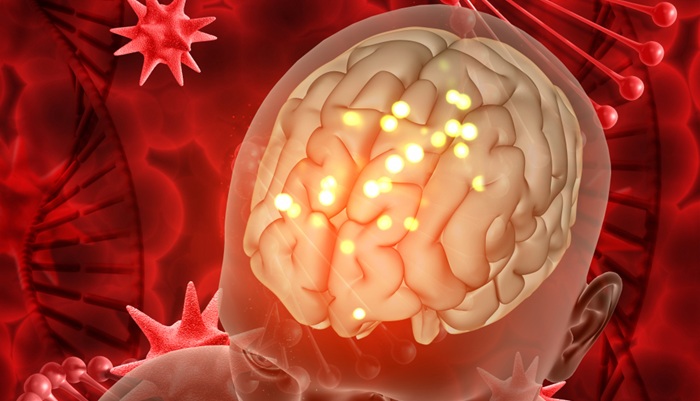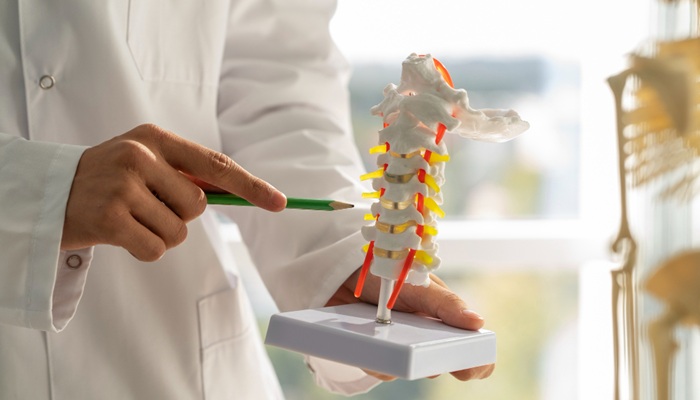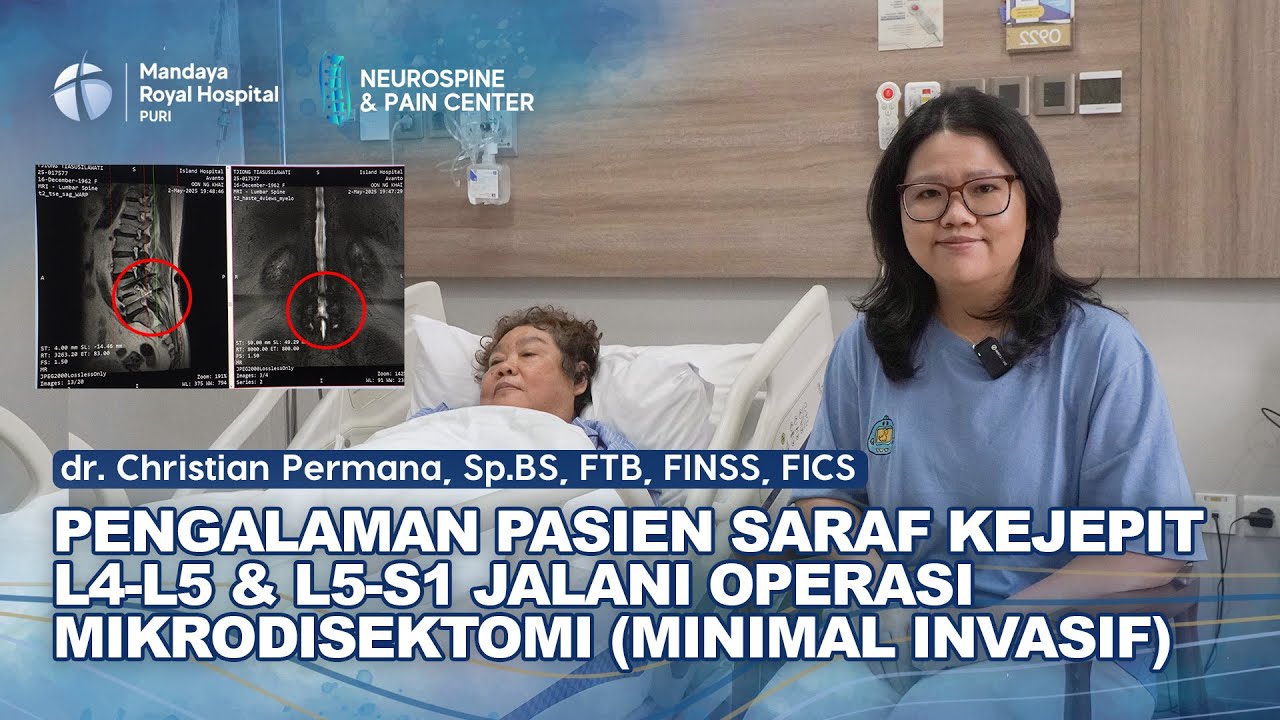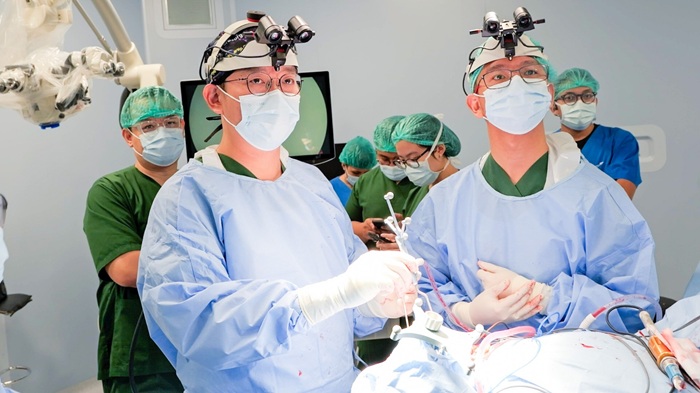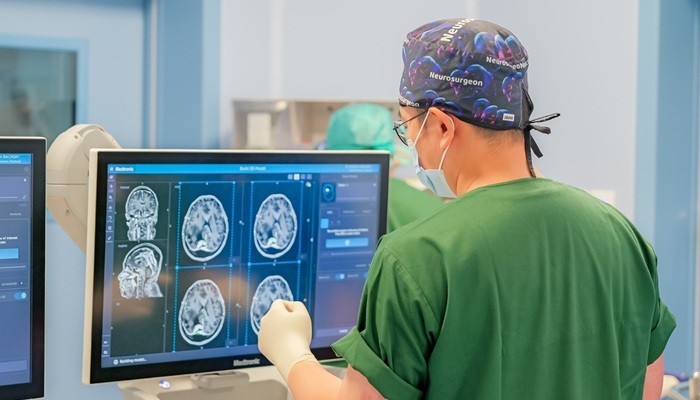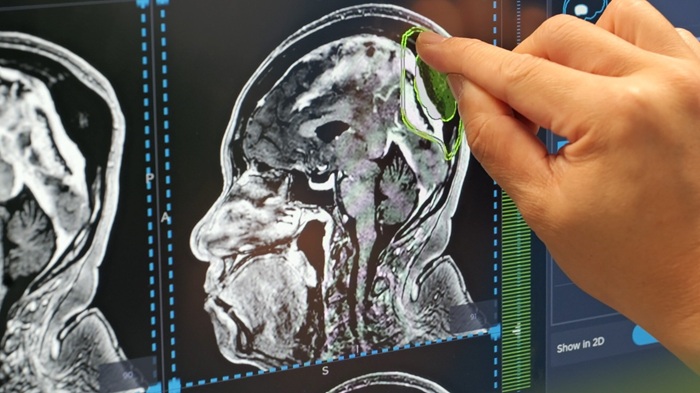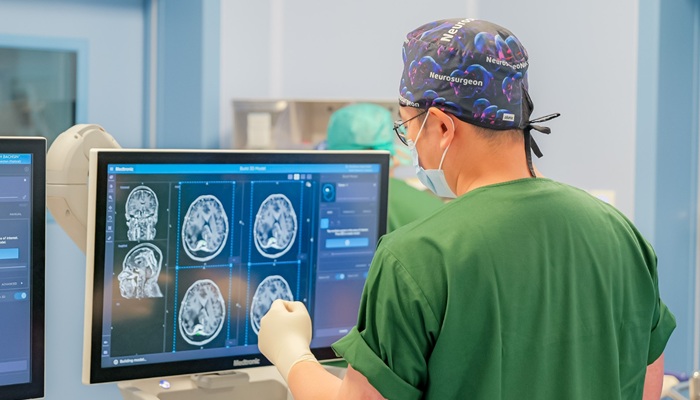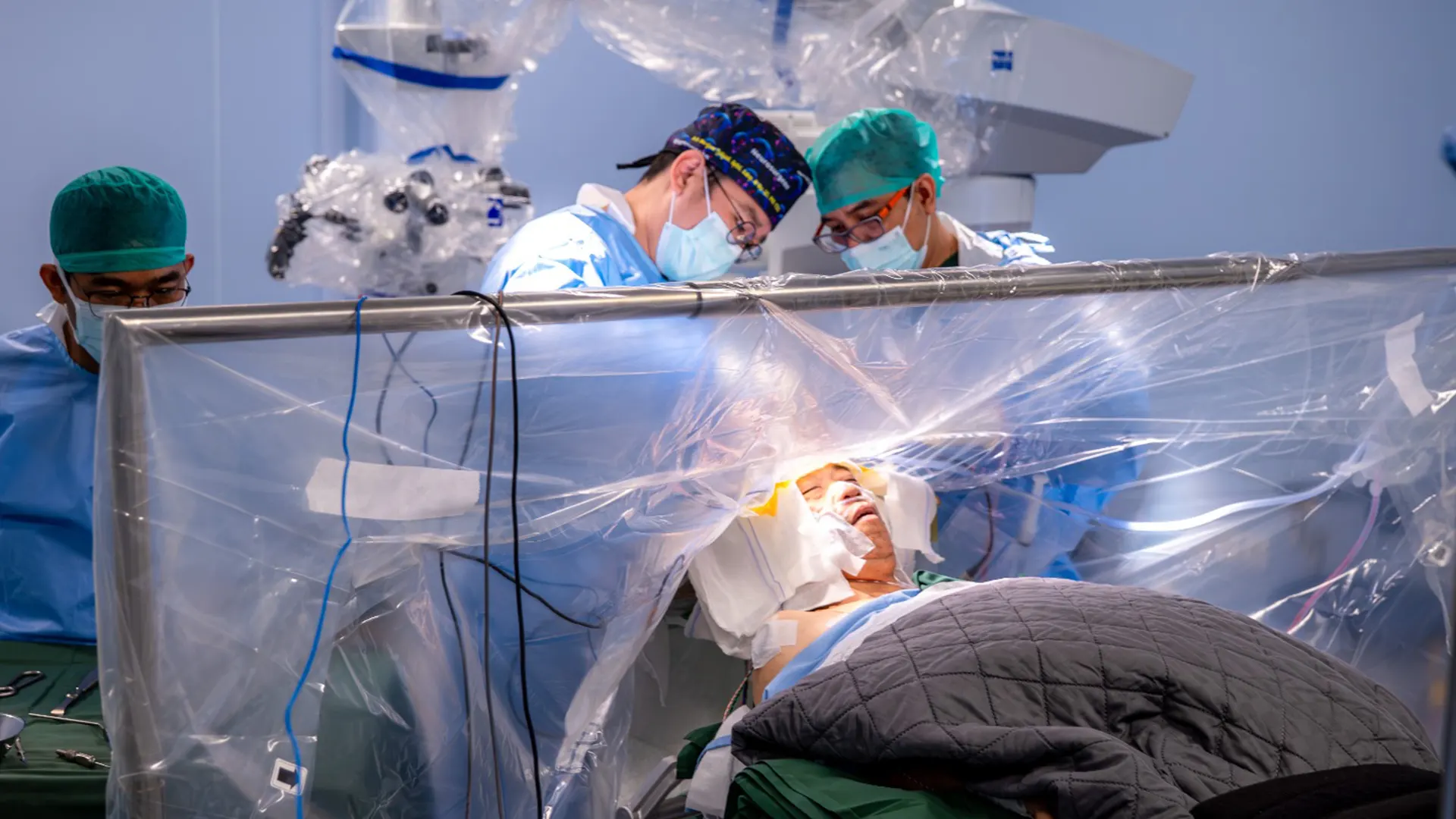Peripheral neuropathy is a condition involving damage to the peripheral nerves that connect the central nervous system (brain and spinal cord) to other parts of the body. This condition can be caused by various factors and presents with symptoms that vary depending on the type and severity.
Causes of Peripheral Neuropathy
Peripheral neuropathy can be caused by various factors, both medical and non-medical. Here are some common causes of peripheral neuropathy:
1. Diabetes
Diabetes is one of the most common causes of peripheral neuropathy. Prolonged high blood sugar levels can damage small nerves in the body, especially in the feet and hands.
2. Alcohol
Consuming large amounts of alcohol over a long period can lead to vitamin deficiencies, resulting in nerve damage.
3. Physical Trauma or Surgery
Physical injuries or trauma that cause damage to peripheral nerves can result in neuropathy. Examples include back injuries, injuries to the extremities, or injuries involving specific nerves. Surgery that damages nerves can also lead to peripheral neuropathy.
4. Infections
Infections from various types of viruses, bacteria, or parasites can cause peripheral neuropathy. Examples include HIV infection, hepatitis C, or herpes zoster virus infection.
5. Toxins
Exposure to certain chemicals or toxins can also cause peripheral neuropathy. Examples include mercury, lead, arsenic, or certain industrial chemicals.
6. Autoimmune Diseases
Some autoimmune diseases such as lupus, Guillain-Barré syndrome, or other autoimmune inflammatory diseases can cause the immune system to attack peripheral nerves.
7. Metabolic Disorders
Vitamin B12 deficiency, disorders of the endocrine system (such as hypothyroidism), or other metabolic disorders can cause peripheral neuropathy.
8. Cancer and Cancer Treatment
Certain types of cancer or cancer treatments like chemotherapy can cause neuropathy as a side effect.
9. Genetics
Peripheral neuropathy can also be genetic or inherited within families, such as Charcot-Marie-Tooth (CMT) or other hereditary neuropathies.
Symptoms of Peripheral Neuropathy
Symptoms of peripheral neuropathy can vary depending on the type and severity of the condition. However, some common symptoms often experienced with peripheral neuropathy include:
- Numbness and tingling: Sensations of numbness or tingling often occur in the feet and hands but can occur in other parts of the body as well. These sensations can be continuous or occur intermittently.
- Pain: Pain in the feet and hands. The pain experienced can be like a burning sensation, stabbing pain, or dull ache.
- Sensitivity to touch: Some cases of peripheral neuropathy cause excessive sensitivity to light touch or extreme temperatures, such as cold or heat.
- Loss of sensation: Difficulty sensing temperature, touch, or pain in affected areas. This can increase the risk of injury or wounds without awareness.
- Loss of balance: Impaired balance or coordination, which can lead to difficulty walking or performing physical activities.
- Muscle weakness: Muscles feel weak and have difficulty lifting even light objects. This weakness usually occurs gradually.
- Changes in skin: Skin in affected areas may undergo changes such as dryness, cracking, or changes in color.
- Motor function disturbances: Disturbances in motor function, such as difficulty moving fingers, hands, or feet.
- Sensory organ disturbances: Peripheral neuropathy can also cause disturbances in sensory organs, such as visual or hearing impairments.
Management of Peripheral Neuropathy
Management of this condition depends largely on its type. The primary goal of management is to reduce pain and, if possible, cure it.
Here are some types of peripheral neuropathy management:
1. Treating the underlying cause
If neuropathy is caused by specific medical conditions such as diabetes, treating the underlying disease is the appropriate solution. For example, controlling blood sugar levels for neuropathy caused by diabetes.
2. Medications
Doctors may prescribe various types of medications to reduce neuropathy symptoms, such as:
- Analgesics (pain relievers) to reduce pain.
- Antidepressants or anticonvulsants to control numbness and tingling.
- Anti-inflammatory drugs to reduce nerve inflammation.
- Vitamin B12 or other supplements if neuropathy is caused by nutritional deficiencies.
3. Physical therapy
Physical therapy can help strengthen muscles, improve balance, and enhance coordination. Physical therapists can also provide suitable exercises to help overcome muscle weakness.
4. Occupational therapy
This therapy helps individuals with peripheral neuropathy perform daily activities effectively. Therapists also assist patients in making specific activity modifications.
5. Pain management therapy
Besides pain relievers, pain management techniques such as hot-cold therapy, relaxation techniques, or massage therapy can help reduce discomfort.
6. Use of assistive devices
Using assistive devices like canes, foot braces, or wheelchairs can aid in mobility and reduce the risk of injury.
7. Lifestyle changes
Adopting a healthy lifestyle including a balanced diet, regular exercise, avoiding alcohol and smoking, and maintaining a healthy weight can help manage neuropathy symptoms.
8. Nerve therapy
In some cases, nerve therapies such as nerve stimulation with electrical signals can help reduce symptoms.
If you feel that symptoms of a nerve disorder are affecting your daily activities, visit a doctor immediately.
Feel free to consult at Mandaya Royal Hospital. Our Brain-Spine-Pain department is ready to handle various muscle complaints such as muscular dystrophy. Here, we employ a multidisciplinary approach, where several specialist doctors from different fields address your nerve issues.
Additionally, Mandaya Hospital offers medical rehabilitation services to help patients regain muscle function.
Schedule your appointment with a doctor now via Whatsapp Chat, Book Appointment page, or the Care Dokter app, available for download on Google Play and the App Store. In addition to appointments, you can also monitor queue numbers and get other comprehensive information there.











































